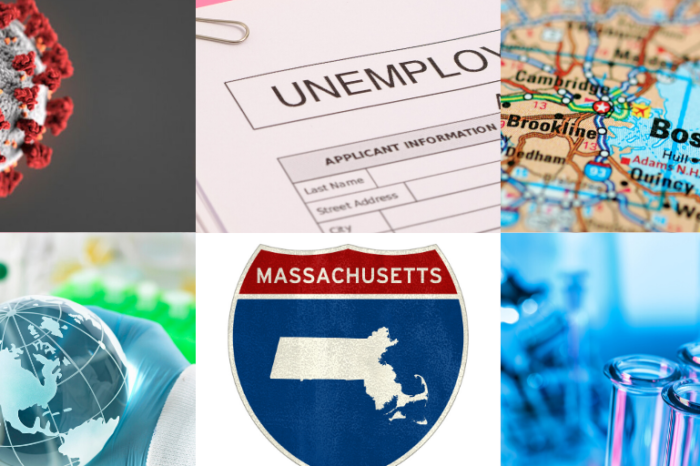New Policy Brief on Federal Relief Act’s Impact on Massachusetts
/0 Comments/in COVID Economy, Economic Opportunity, Featured, rCOVID /by Editorial StaffIn a new policy brief, Greg Sullivan and Charlie Chieppo review the impact of the Coronavirus Aid, Relief, and Economic Security Act on Massachusetts’ budget. The fund will be allocated proportionally by population, and Massachusetts is expected to receive approximately $2.67 billion. As the authors note, that won’t put much of a dent in Massachusetts expected state budget shortfall.
They also point out that Massachusetts’ unemployment insurance fund is particularly susceptible to a sudden economic recession because the Commonwealth provides the highest maximum weekly benefits in the nation, the longest benefit period in the nation, and the nation’s highest percentage of unemployed workers covered. Read the policy brief here.
Get Our COVID-19 News, Tips & Resources!
Related Content:

Study: After Years of Steady Increases, Homeschooling Enrollment Rose Dramatically During COVID

ASU’s Julie Young, Virtual Schooling Pioneer, on Digital Learning during COVID-19

UChicago’s Dr. Leon Kass on Genesis, Exodus, & Reading Great Books

“America Today is on Bended Knee” – 20th Anniversary of 9/11 – 20 Resources for Parents & Students

NYT Best Seller Dr. Kate Clifford Larson on Fannie Lou Hamer & the Mississippi Civil Rights Movement

Valhalla Foundation’s Nancy Poon Lue on STEM Access & Equity

Untangling Variants & Outbreaks: Can Vaccines & Natural Immunity Outrun Delta?

Trevor Mattos Shows How Massachusetts Runs on Immigrants

Yale’s Pulitzer-Winning Prof. David Blight on Frederick Douglass, Slavery, & Emancipation

UVA Prof. E.D. Hirsch, Jr. on Core Knowledge, Equity, & Educating Citizens



